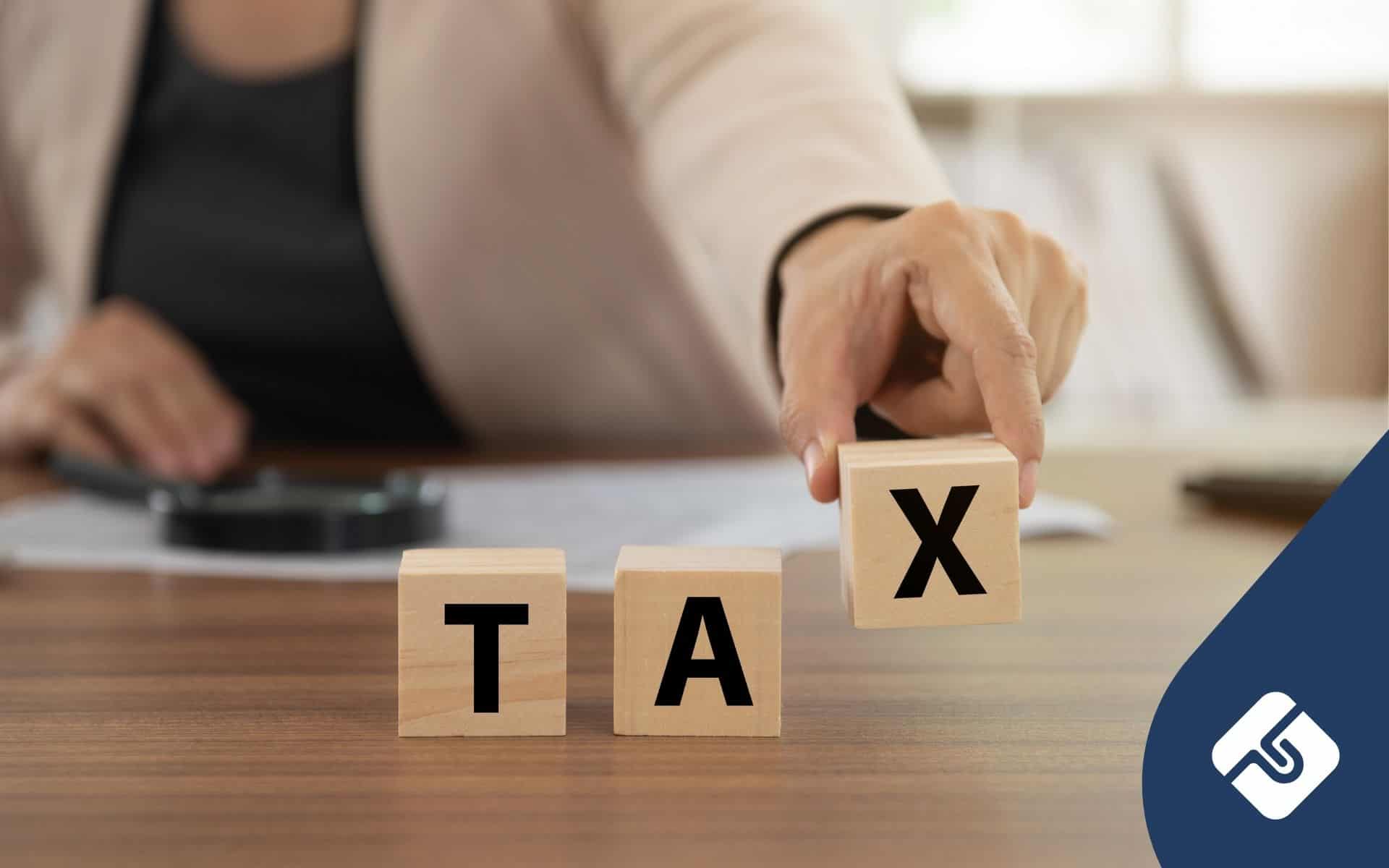Sydney-based lawyer, listed in Australian Financial Review’s Top 100 Future Leaders 2019 & 2021 Awards. Formerly Legal Intern at Lawpath.
“Going concern” is an accounting term used to describe a company that is expected to continue its operations in the next year. In other words, it is able to fulfil obligations and is not in debt. It can be purchased GST-free, but requirements need to be met for a company to be sold as a “going concern”.
Going Concern Company or Not?
To determine whether a company is a going concern or not, an auditor will generally examine a company’s financial statements. They then determine whether a company is financially confident to enter another year without any debts.
Factors that may suggest financial doubt are:
- A downward trend in profit
- Lawsuits against the company (this can lead to large financial loss)
- Loan defaults
If you’re after general information on how to sell a business, read4 Considerations When Selling a Business.
Selling a going concern business
Depending on the business, different items will be transferred at the point of sale. The common things that are transferred are:
- The business name
- Client details
- Equipment required to continue operations
Another thing to take note of is that you are expected to continue operating the business until the transaction takes place. We recommend speaking with one of our Business Purchase/ Sale Lawyers to discuss your circumstances.
Selling a going concern business is advantageous for both the seller and buyer, because the transaction can be GST-free. However, a going concern sale must meet the following criteria:
- The seller and buyer must be registered for GST
- The sale contract must expressly state that the sale is a going concern
- The business must continue operating until the settlement date
- The seller must sell everything required to continue business operations, including the operation premises. Any exclusions can mean that it is not a going concern
When selling your business, there are also many agreements that must be negotiated. Such things can include a restraint clause, the price, employees and warranties. To read more about this, check out our article on Business Sale Agreements
Unsure where to start? Contact a LawPath consultant on 1800 529 728 to learn more about customising legal documents and obtaining a fixed-fee quote from Australia’s largest legal marketplace.






